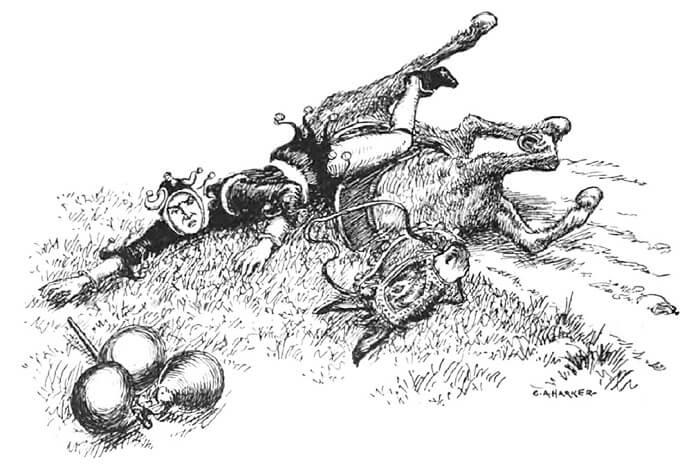 Stories of Don Quixote Written Anew for Children
Stories of Don Quixote
Stories of Don Quixote Written Anew for Children
Stories of Don Quixote


 Stories of Don Quixote Written Anew for Children
Stories of Don Quixote
Stories of Don Quixote Written Anew for Children
Stories of Don Quixote

Study the chapter for one week.
Over the week:
Activity 1: Recite the Book Information
Activity 2: Narrate the Story
Activity 3: Study the Story Pictures
Activity 4: Act Out a Passage from the Chapter
Pretend you are the clown carrying the stick with the three bladders, and enact the following:
Activity 5: Copy and Dictate a Sentence

Complete page 28 in 'Third Grade Prose Copywork and Dictation.'
Activity 6: Map the Story
